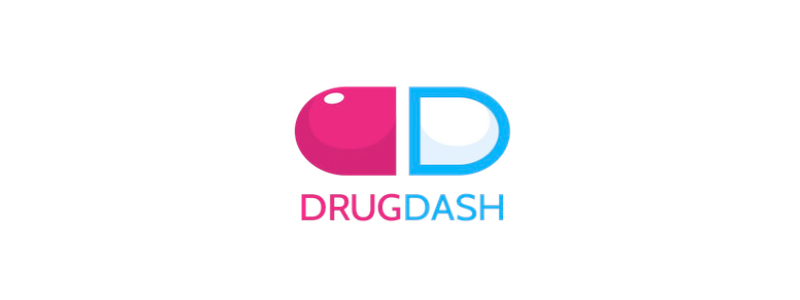
A web and mobile application that enables District Health Officers at the lower administrative levels to see and understand real-time information/data on the stock status of health care commodities and supplies between various health facilities so that they can make accurate and timely decisions on how to redistribute stock, leading to limited or no wastage and stock-outs thus increasing the availability of these commodities and supplies in the healthcare system.
Introduction
DrugDash is a web and mobile application that enables District Health Officers at the lower administrative levels to see and understand real-time information/data on the stock status of health care commodities and supplies between various health facilities so that they can make accurate and timely decisions on how to redistribute stock, leading to limited or no wastage and stock-outs thus increasing the availability of these commodities and supplies in the healthcare system.
DrugDash is focused on enabling local health system health workers, in this case, a District Health Office to make timely decisions on redistribution by enabling them to use data at the point of generation (in this case a Service delivery point). DrugDash is not a supply chain ordering system, it is a decision support system. Unlike other systems, we focus on driving decisions on redistribution at the service delivery points -- not after reporting to the National health system level.
Progress and Results
In the initial pilot in early 2018, we were able to deploy in 9 facilities and we worked with 30 health workers. We kept track of 35 essential medicines and supplies and we had an average reporting rate of 3 times a month per facility.
We have since then deployed a functional digital prototype of DrugDash in twenty-five (25) public health facilities in Eastern Uganda. This includes eight (8) in Kween district, six (6) facilities in Bukedea district and eleven (11) facilities in Bulambuli district with a collective population of up-to 480,000 people of which 70% were health centre IIIs and 30% health centre VIs. This deployment allowed us to track up-to twelve (12) Family planning commodities in partnership with Ministry of Health, UNFPA and Outbox
We are working to deploy in two more districts in Northern Uganda.
Challenges and Lessons Learnt
We have learnt that East Africa's health system is largely driven by open source tools. We intend to focus more on open sourcing our product and leveraging customisations as a key revenue driver compared to recurring revenues. For the minimal recurring revenues, we shall scale out gradually and as such learn more about acceptable price points.
More about DrugDash
If you would like to know more about DrugDash, check out the resources below or contact:
Website: www.drugdash.org. This fact sheet was developed, with thanks, by:
Mr. Solomon Kahuma
Co-founder
DrugDash
Tel. +256778841383/+256794013200 Email. skahuma@gmail.com

